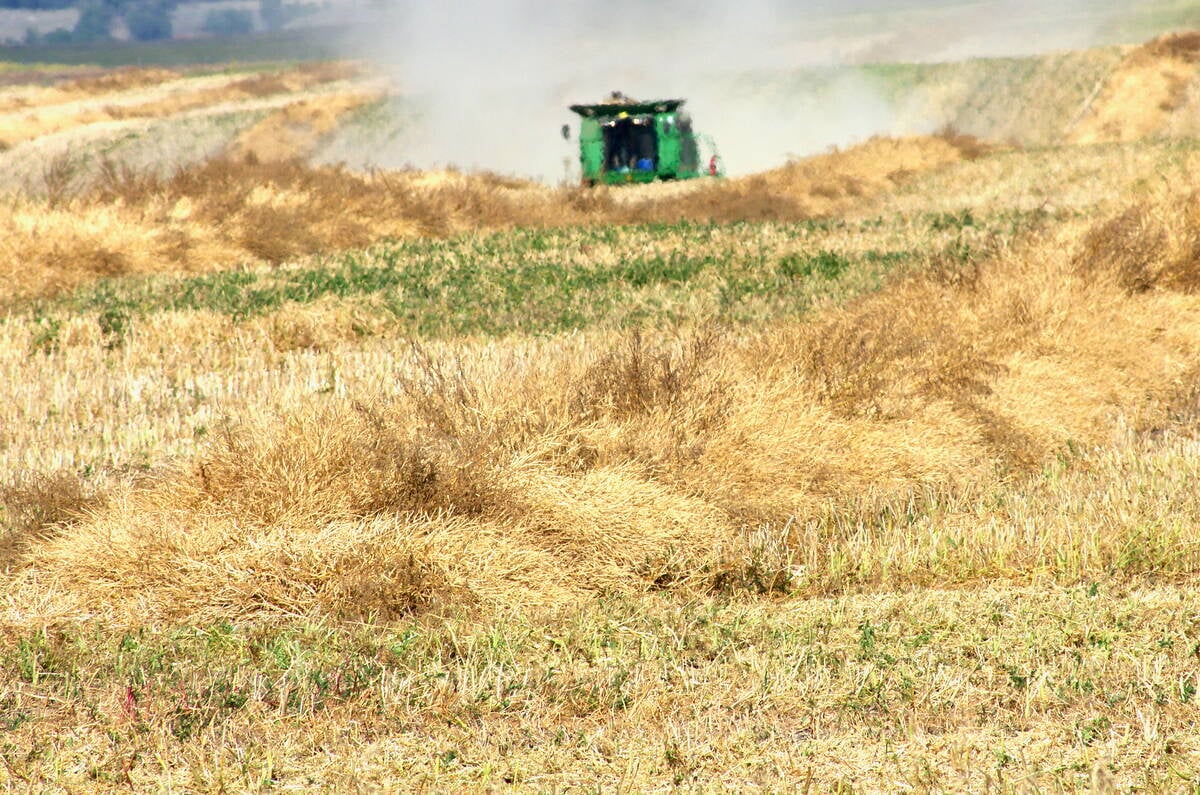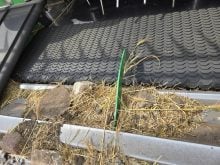The introduction of genetically modified canola onto prairie farms has created measurable benefits for farmers and the environment, says a senior academic involved in a farmer survey on the issue.
David Castle, the Canada Research Chair in Science and Society at the University of Ottawa, told an Ottawa conference on GMO issues last week that a survey of farmers indicated there were significant benefits from use of herbicide-tolerant canola in the decade after 1997.
The use of toxic chemicals was reduced, tillage intensity fell, farmers made more money because of reduced costs and the ability of prairie land to capture and store carbon increased, contributing to the fight against climate change, he told the conference organized by the Royal Society of Canada, an association of scientists and scholars.
Read Also

Manitoba searches for Plan B on canola oil exports
A new report explores Manitoba’s current canola oil trade and possible alternative markets to the U.S.
Castle said the conclusions, to be published this autumn in a study co-authored with several prairie agricultural economists including Peter Phillips from the University of Saskatchewan, are based on evidence provided by more than 600 prairie farmers who responded to a survey questionnaire.
Although responses were received from a small percentage of the 40,000 farmers contacted, Castle said they were representative.
He said the data from on-the-ground experience should help cut through the stalemate that has developed in the political debate over the GM technology.
“I hope this cuts through the hyperbole in the debate over herbicide-tolerant canola use,” he said. “We can detect there is a significant value related to HT crops.”
Castle said the disagreements between supporters and opponents of GM technology have left consumers uncertain.
“It is a deadlock that causes the consuming public some significant angst with competing claims.”
He said the survey produces the first practical evidence from farmers about the impact of the widespread adoption of the GM varieties.
“This is public data not provided by industry, government or NGOs (non-governmental organizations.)”
The validity of the small farmer response was questioned during the conference.
And it was noted by GMO critics that Castle’s biographical outline in the conference program said he “also acts as a consultant to life sciences industries.”
Castle said the evidence from the farmer responses is that use of the GMO canola has reduced chemical use, which helps the environment and farmers who apply the chemicals.
“The overall environmental impact per hectare has been cut in half,” he said. “And applicators are exposed to less harmful products.”
He said farmers reported better weed control and a $12.56 per acre benefit because of better yields and reduced use of chemicals.
In addition, he said farmers reported a “radical” change in tillage practices with more use of no-till and reduced tillage cultivation.
He said that has led to significant increases in carbon storage worth millions of dollars to farmers in a carbon-pricing market.
And Castle said the carbon consequences of the reduced tillage likely are being underestimated.
“It could be we are drastically under-estimating the amount of carbon sequestration and the value of it,” he said.














